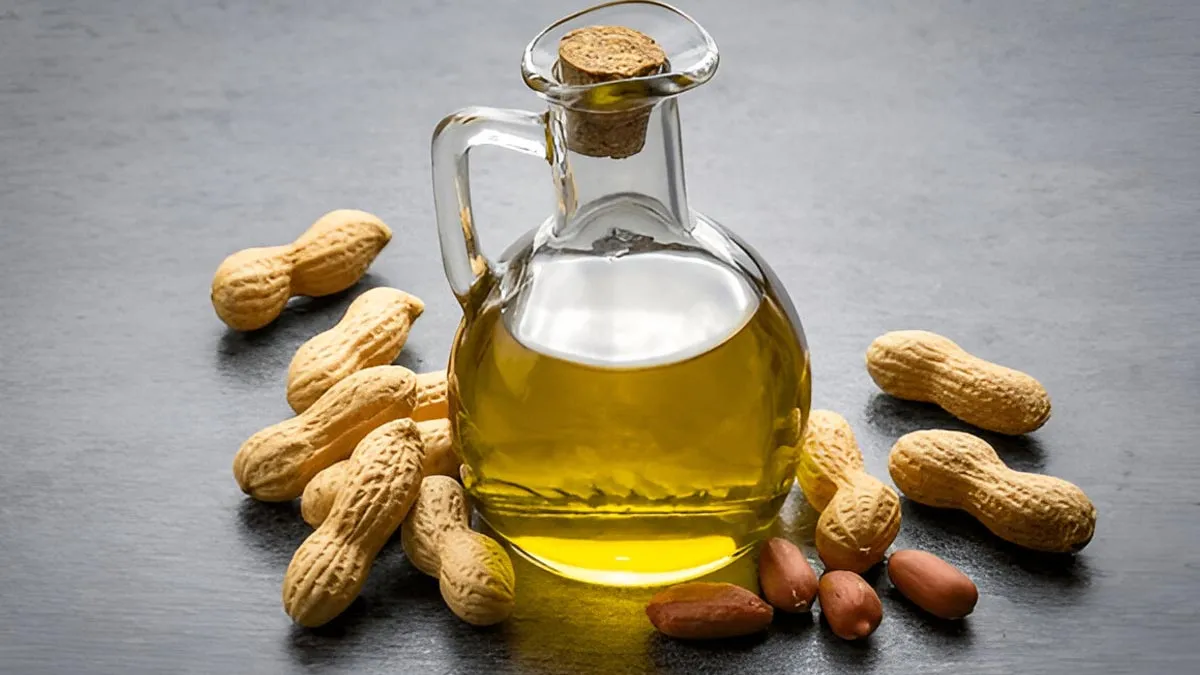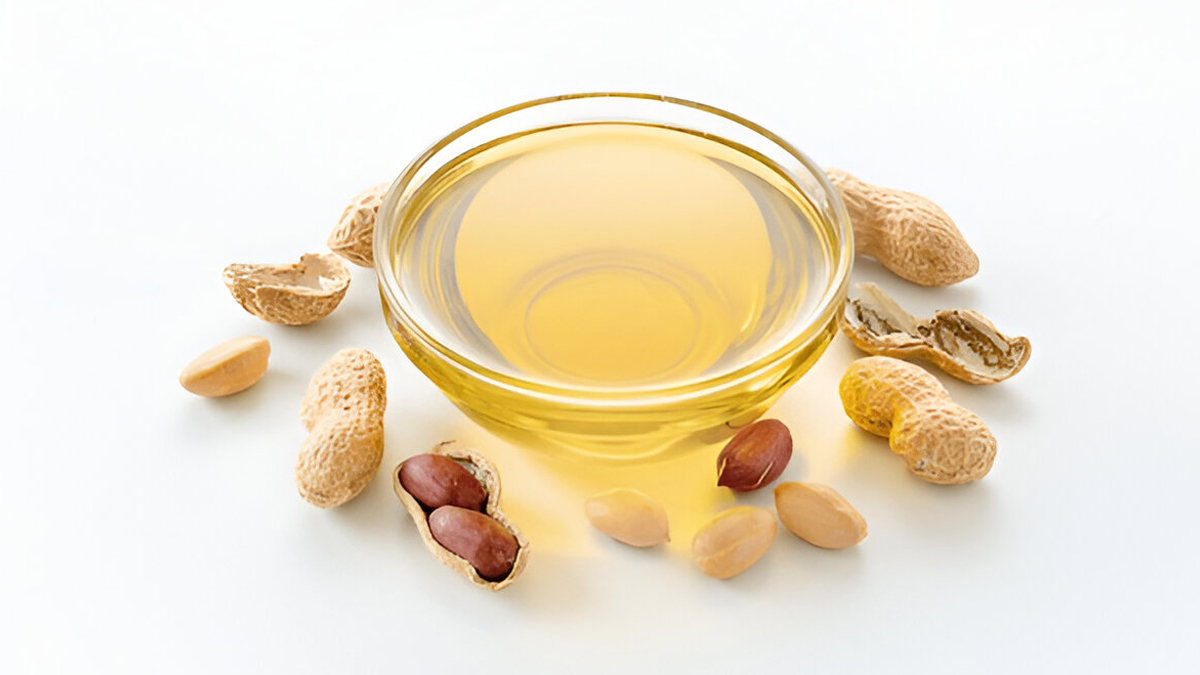
Could the oil you use for cooking be the key to boosting your brain health? While we usually make healthy choices when it comes to diet, we often neglect to do so when it comes to choosing cooking oil. Groundnut oil, which has long been valued for its nutty flavour and high smoke point, is now noted for its brain boosting benefits.
Table of Content:-
What’s in Groundnut Oil That’s Good for the Brain?

Groundnut oil contains high levels of Monounsaturated Fats (MUFAs) that are also linked with cardiovascular and brain health. These are the same 'good fats' present in olive oil and avocados that have long been linked with a lower risk of cognitive impairment.
Here's what makes it brain-friendly:
- Oleic acid (a MUFA): Reduces inflammation and oxidative stress in the brain.
- Vitamin E: An antioxidant which shields brain cells from free radical injury.
- Plant sterols: These are substances that could potentially reduce cholesterol levels, which is secondarily related to improved brain blood flow.
- Resveratrol: Although present in minimal quantities, it is neuroprotective and has been researched for the prevention of age-related brain disorders.
Also Read: Zoom Fatigue, Brain Fog, Burnout – Are We Headed For A Cognitive Crash?
The Fat–Brain Connection
Your brain is nearly 60% fat, and it requires the right type of fat to function efficiently. MUFAs, such as those found in groundnut oil, help maintain the integrity of brain cell membranes and support communication between brain cells.
Monounsaturated fat diets are associated with enhanced memory, less cognitive decline, and even reduced Alzheimer's disease risk. A study in Frontiers in Ageing Neuroscience found that diets high in MUFA enhanced memory function and boosted brain volume in regions associated with learning.
That said, it’s not just about adding groundnut oil; it’s about replacing harmful fats like trans fats and excessive saturated fats with healthier ones.
Brain Fog and Vitamin E

When you find yourself easily forgetful or mentally drained most of the time, your brain is possibly suffering from oxidative stress, a state where free radicals dwarf antioxidants in the body. That’s where vitamin E, a key nutrient in groundnut oil, comes in.
Vitamin E has been found to retard the progression of cognitive loss in older individuals, particularly those at the initial stages of Alzheimer's. It assists in shielding nerve cells, enhances blood flow to the brain, and is involved in inhibiting neuroinflammation.
Also Read: Mental Fitness: Expert Shares Why Your Brain Needs a Workout as Much as Your Body and How To Do It
But What About Allergies?
Yes, it’s a valid concern. Groundnut allergies do exist, and for individuals who are allergic, this oil is an absolute no-no. However, extremely refined groundnut oil has minimal to no peanut protein and could be tolerated by some individuals with a peanut allergy. That being said, always get the advice of an allergist first.
How to Use It Right
Groundnut oil's excellent smoke point makes it perfect for Indian cooking, right from tadkas to deep frying. But here's a hint: don't repeatedly heat it, as it might break down the good fats and produce toxic compounds.
Try using it to:
- Stir-fry vegetables with turmeric and curry leaves
- Pour over upma or poha for added richness
- Cook khichdi or dal for a nutty taste
Bottomline
While groundnut oil isn’t a magic bullet, incorporating it into a balanced diet could offer a gentle boost to your brain health. It acts as a smart swap that supports your memory, focus, and long-term cognitive well-being. So the next time you’re picking an oil for your sabzi or stir-fry, groundnut oil might just be the nourishing companion your brain has been waiting for.
[Disclaimer: This article contains information for informational purposes only. Hence, we advise you to consult your professional if you are dealing with any health issue to avoid complications.]
Also watch this video
Read Next
10 Everyday Foods That Could Make or Break Your Liver Health, According To a Harvard Doctor
How we keep this article up to date:
We work with experts and keep a close eye on the latest in health and wellness. Whenever there is a new research or helpful information, we update our articles with accurate and useful advice.
Current Version